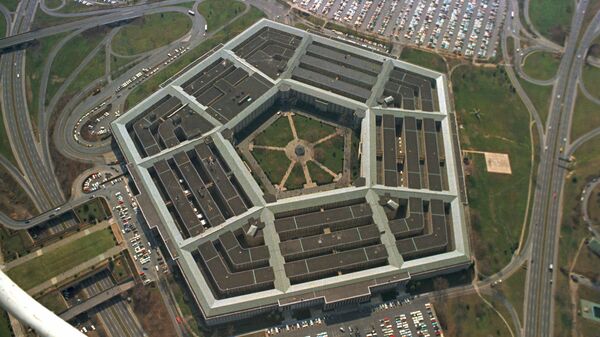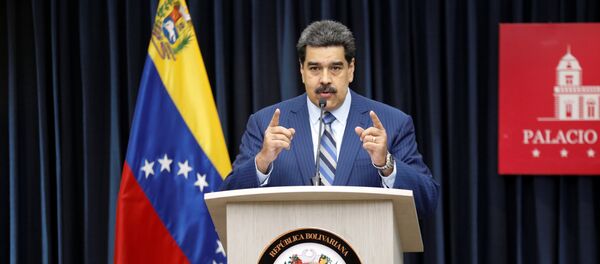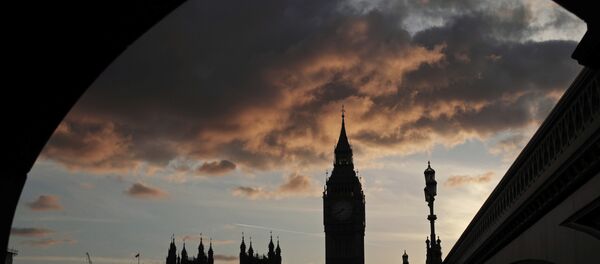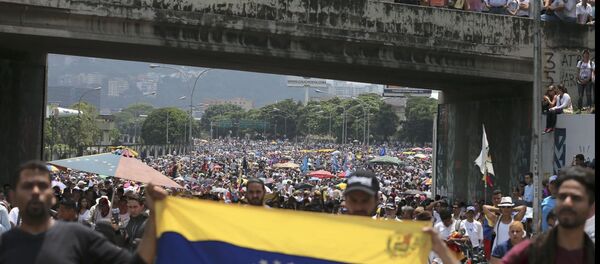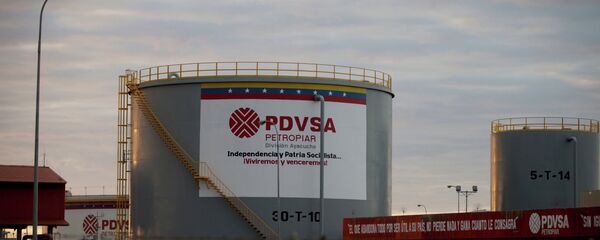President Donald Trump and Secretary of State Mike Pompeo last week recognized National Assembly Speaker Juan Guaido as interim president of Venezuela, seeking to delegitimize twice democratically-elected President Nicolas Maduro.
On Friday, Pompeo appointed neoconservative Elliott Abrams, a lifelong close friend and political ally of National Security Advisor John Bolton as special envoy charged with restoring democracy to Venezuela, further suggesting strong US encouragement of an upcoming coup to topple to Maduro.
"Intervening in Venezuela would make sense to a guy like National Security Adviser John Bolton, because it fits previous narratives he has been involved in. [However] it makes no sense for American interests, none to the US military," Kwiatkowski, a retired US Air Force lieutenant colonel said.
There was no reliable US regional alliance that is supportive of a coup against Maduro by US-backed Venezuelan military officers and associated political parties or movements, Kwiatkowski pointed out.
"The American people are also not likely to support any involvement in a change of government in Venezuela, despite the presence of a full neo-conservative provocation team inside the White House," Kwiatkowski said.
READ MORE: Washington-Orchestrated Coup in Venezuela is ‘Like Amateur Hour'
Given the condition of the Venezuelan economy and its population having suffered starvation, migratory pressures and with a damaged and unserviceable infrastructure, the centralized state's military was in better shape logistically than its population, Kwiatkowski explained.
"Things could be quite brutal, and certainly not predictable," Kwiatkowski said.
"The typical US resources in this part of the world are largely anti-drug forces and CIA, and this speaks to the need, if the US military were to act militarily, for the US Navy," she said.
Kwiatkowski also pointed out that she expected that coup planners in the United States had been working with parts of the Venezuelan military as part of "readiness," given Maduro's decision less than two years ago to offer Venezuela's state-owned shares of Citgo to Russia in order to stave of debt foreclosure.
"Maduro and his predecessor borrowed excessively from China and Russia both, but Russia's ability to base military aircraft in the country as well as access to and potential ownership of Citgo (partially owned by US interests and headquartered in Houston) is certainly a neoconservative argument for intervention," she said.
"A price surge would benefit both Russia and the United States, and in the case of Citgo control, it would be complicated for Washington to try and either pay Venezuelan debt and keep Citgo out of Russian hands, or try and violate a past agreement via the political action of a newly installed leader," she said.
READ MORE: All Venezuelan Diplomats Have Returned From US to Caracas — Maduro
Kwiatkowski expressed doubts that enough diplomatic work had been done to ensure the United States would have much regional diplomatic cover to proceed for long in a Venezuelan coup and/or intervention.
"The US dollar is not what it once was, and all global activities of this sort (us —backed coups, political interference in oil producing countries) must consider both Chinese and Russian concerns, as well as whatever regional neighbors, like Mexico and Brazil, perceive to be their own interests," she said.
If the US government decided to proceed — against popular opposition and in a declining domestic economy — with nation building in Venezuela, the preparatory period could still require quite a long preparatory period, Kwiatkowski cautioned.
"I suspect it would take months for the military to mobilize the troops needed, and that many in the military would slow-roll the idea of any kind of invasion," she said.
Nevertheless, such an invasion could be integrated with troop draw-downs Trump has promised in South Asia and the Middle East, Kwiatkowski pointed out.
"Historically when the US military is forced to draw down in one part of the world (Syria, Iraq Afghanistan), it often seems that the troops never fully redeploy, but rather deploy to a new front," she said.
The heart of US military and diplomatic policy remains securing the petrodollar, and ensuring a US ability to leverage global oil prices, Kwiatkowski recalled.
But, "This policy doesn't work anymore, and is no longer popular, making it a hard sell for any President," she said.
Also, "The Democratic Party leadership has consistently supported war in general and maintaining the petrodollar specifically. Destroying what's left of Venezuela and confronting the Russians over Citgo could be a real bipartisan issue if we are not careful," she said.
On Monday, the US Treasury Department announced new measures to cut off Maduro’s financial resources and redirect them to Guaido, including freezing $7 billion worth of assets of the Venezuelan state-owned oil company PDVSA in US jurisdictions.

